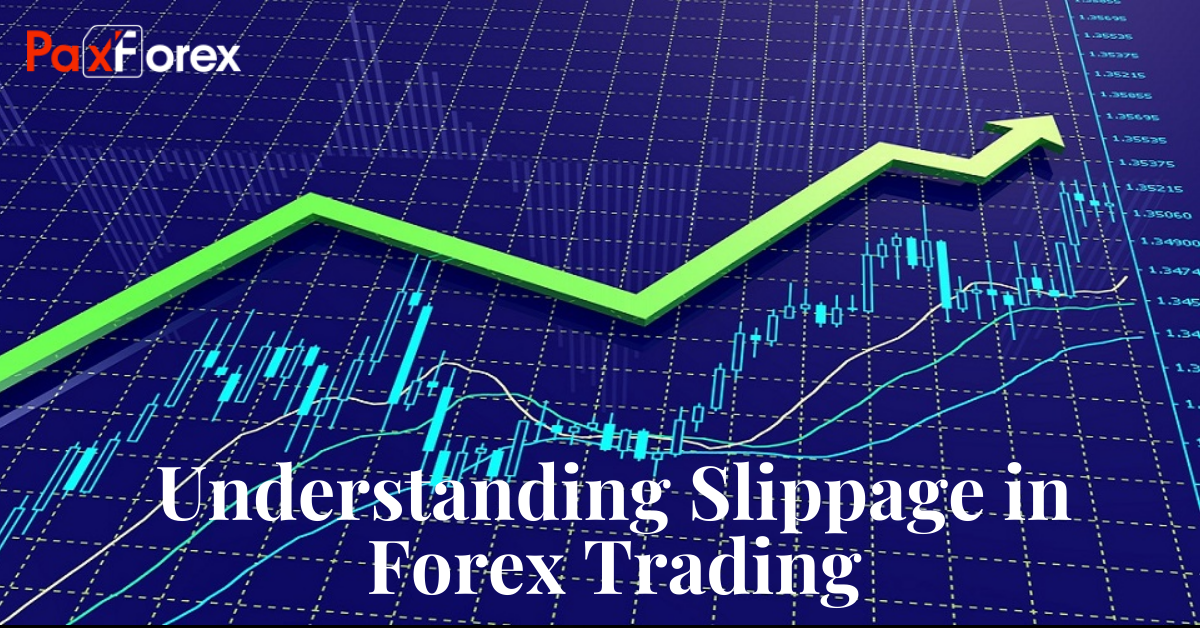
Forex traders invest significant time to develop and deploy strategies that will hopefully generate profit. A forex broker is expected to execute client trades in the best interest of their clients, which includes not trading against their clients. Not only is this professional behavior, but it is also a legal requirement of MiFID 1/2 and equivalent laws that outline how brokers should handle their fiduciary responsibility to their clients. With regard to futures contracts as well as other financial instruments, slippage is the difference between where the computer signaled the entry and exit for a trade and where actual clients, with actual money, entered and exited the market using the computer’s signals.
Slippage is when you place an order at a quoted price, and your order gets filled at a different (worse) price than the one you were quoted. Slippage can be minor enough not to impact your trade outcome at all, or it can be major enough to stop you out the moment you have entered the trade! You can lose a lot of money through slippage, so it is something to be wary of and to avoid if at all possible. Slippage tends to result during times of great volatility and also in response to fundamental events like unexpected news and macroeconomic reports. Slippage almost always happens when the market opens each weekend on Sunday nights! It is a result of the weekend price gaps.
Negative slippage refers to the broker executing your trade at a worse price than you attempted to enter it. This is the most common form of slippage. Positive slippage refers to the broker executing your trade at a better (more favorable relative to the direction you want to trade) and is far rarer than negative slippage. It occurs because the price is moving faster than can be executed at a particular price, or there are less available orders at a specific price level than demanded. This means the broker executes the trade at the next available price in the direction.
The biggest slippage usually occurs around major news events. As a trader, avoid having trades during major scheduled news events, such as FOMC announcements or during a company's earnings announcement. While the big moves seem alluring, getting in and out at the price you want may prove problematic. If already in a position when the news is released you could face substantial slippage on your stop loss, exposing you to much more risk than expected. Check the economic calendar and earnings calendar and avoid trading several minutes before or after announcements that are marked as high impact.
Slippage is a normal fact of life for currency traders that should be expected. It's particularly an issue in volatile trading environments where prices move quickly over a broad range. However, there are tools and strategies available that can help mitigate the problem presented by slippage. Traders should take this into consideration in order to minimize unnecessary losses in trading. Any opinions, news, research, analyses, prices, other information, or links to third-party sites are provided as general market commentary and do not constitute investment advice. FXCM will not accept liability for any loss or damage including, without limitation, to any loss of profit which may arise directly or indirectly from use of or reliance on such information.







